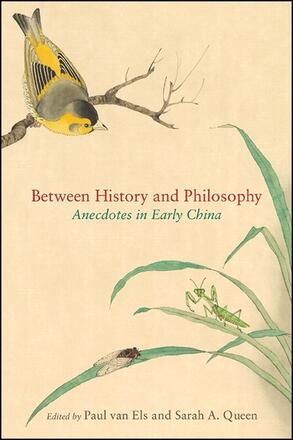
Between History and Philosophy
Anecdotes in Early China
Alternative formats available from:
Analyzes the use of anecdotes as an essential rhetorical tool and form of persuasion in various literary genres in early China.
Description
Between History and Philosophy is the first book-length study in English to focus on the rhetorical functions and forms of anecdotal narratives in early China. Edited by Paul van Els and Sarah A. Queen, this volume advances the thesis that anecdotes—brief, freestanding accounts of single events involving historical figures, and occasionally also unnamed persons, animals, objects, or abstractions—served as an essential tool of persuasion and meaning-making within larger texts. Contributors to the volume analyze the use of anecdotes from the Warring States Period to the Han Dynasty, including their relations to other types of narrative, their circulation and reception, and their central position as a mode of argumentation in a variety of historical and philosophical literary genres.
Paul van Els is University Lecturer of China Studies at Leiden University, the Netherlands, and the author of The Wenzi: Creation, Manipulation, and Reception of a Chinese Philosophical Text. Sarah A. Queen is Professor of History at Connecticut College and the coeditor (with Michael Puett) of The Huainanzi and Textual Production in Early China.